Pasilla de Oaxaca: The Smoky Secret Behind Mexico’s Most Seductive Spice Tradition
Table of Contents
- Introduction
- What is Pasilla de Oaxaca?
- A Brief History & Cultural Significance
- Flavor Profile & Culinary Uses
- Comparing Pasilla de Oaxaca to Other Chiles
- Buying Guide: Choosing the Best Pasilla de Oaxaca
- Top 5 Tips for Cooking with Pasilla de Oaxaca
- Spice-Infused Recipes to Try at Home
- Conclusion
Introduction
If there's one ingredient that can transport your taste buds straight to the sun-soaked hills of Oaxaca, it's pasilla de oaxaca. This mysterious, smoky chili isn’t just a seasoning—it’s a story, a tradition, and a flavor experience unlike any other.
Whether you're a seasoned chef or a weekend taco enthusiast, understanding this iconic Mexican spice opens up a world of culinary magic. Let’s dive into the rich history, unique flavor profile, and practical tips that make pasilla de oaxaca a must-have in your spice cabinet.
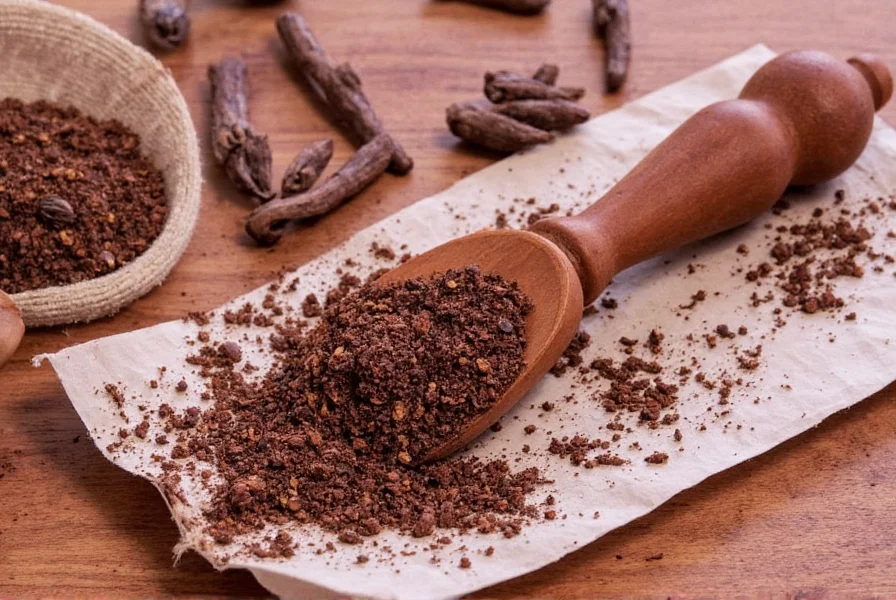
What is Pasilla de Oaxaca?
Pasilla de oaxaca (not to be confused with the more commonly known pasilla from central Mexico) is a regional variety of dried chili pepper native to the southern Mexican state of Oaxaca. It’s made from the ripe, sun-dried version of the chilhuacle pepper—a rare, heirloom variety that grows almost exclusively in the Mixtec region of Oaxaca.
Unlike mass-produced chiles, pasilla de oaxaca is often hand-harvested and naturally dried under the hot Oaxacan sun, giving it a uniquely concentrated flavor and aroma. Its scarcity and labor-intensive production process have earned it the nickname “the truffle of chiles” among food connoisseurs.
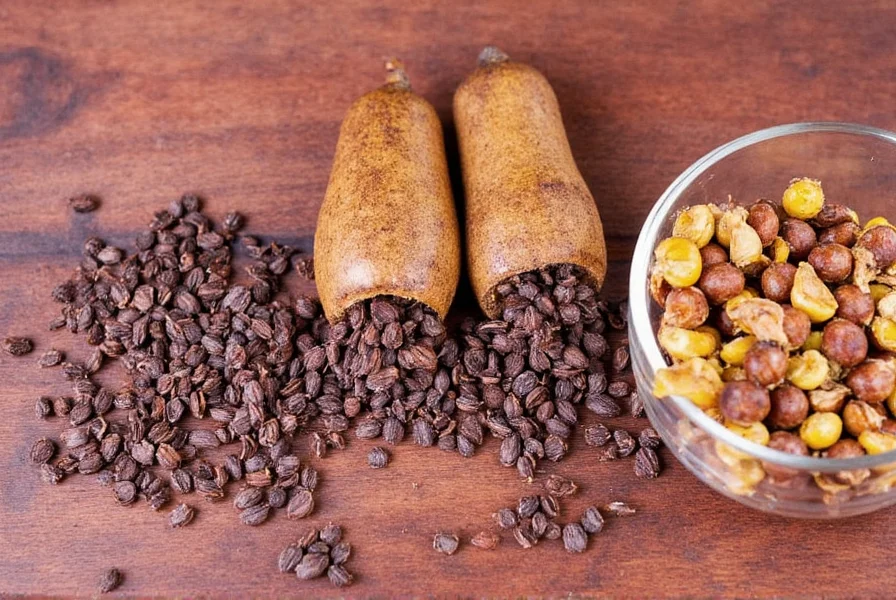
A Brief History & Cultural Significance
Oaxaca has long been regarded as the soul of Mexican cuisine, and pasilla de oaxaca sits proudly at its heart. Historically used by indigenous Zapotec and Mixtec communities, this chile has played a sacred role in both daily meals and ceremonial offerings.
It’s an essential component in traditional moles, especially mole negro, Oaxaca’s most famous sauce. Mole negro blends chocolate, nuts, spices, and deeply roasted pasilla de oaxaca to create a dark, complex, and slightly bitter sauce that dances on the palate.
In fact, many families in Oaxaca still prepare mole recipes passed down through generations, treating the preparation of pasilla de oaxaca like a ritual—roasting, grinding, and blending with care and reverence.
Flavor Profile & Culinary Uses
The flavor of pasilla de oaxaca is nothing short of poetic. Imagine:
- Smoky earthiness
- Dark chocolate undertones
- Subtle floral notes
- A hint of tobacco and dried fruit
This isn't your average chili powder heat explosion—it’s a slow-building warmth that enhances depth rather than overpowers. With a Scoville rating between 2,500 and 3,500 SHU, it's mildly spicy but incredibly aromatic.
Where to Use It:
- Mole sauces
- Rubbed onto meats before roasting
- Infused into oils and vinegar
- Stirred into soups or stews
- Blended into marinades for chicken or pork
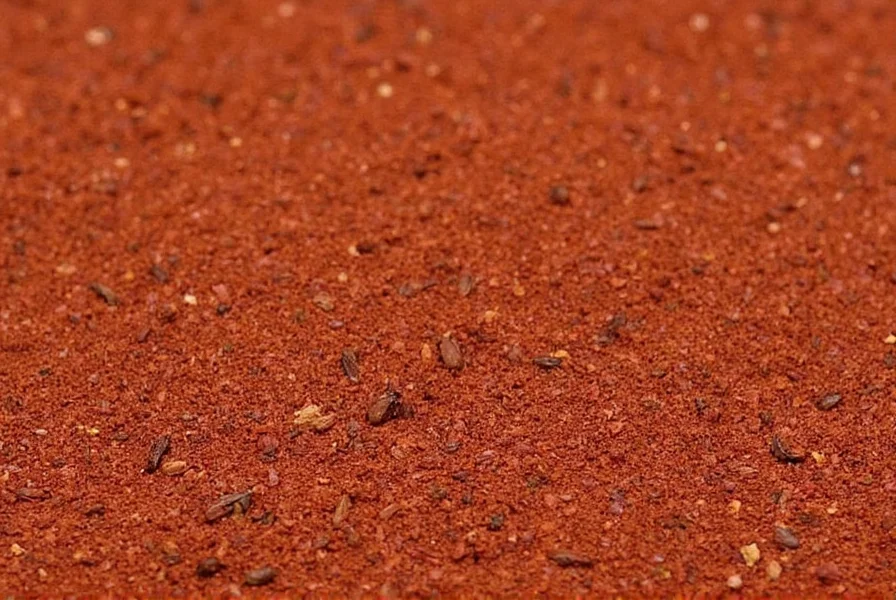
Comparing Pasilla de Oaxaca to Other Chiles
To better understand where pasilla de oaxaca fits in the world of Mexican spices, let’s compare it with a few familiar faces:
| Chili | Heat Level (SHU) | Flavor Notes | Best For |
|---|---|---|---|
| Pasilla de Oaxaca | 2,500–3,500 | Smoky, chocolatey, floral | Mole, roasts, sauces |
| Pasilla (Puebla) | 1,000–2,500 | Berry, raisin-like | Soups, tamales |
| Ancho | 1,000–2,000 | Sweet, fruity, mild | Mole poblano, enchiladas |
| Guajillo | 2,500–5,000 | Tangy, tea-like | Salsas, marinades |
Buying Guide: Choosing the Best Pasilla de Oaxaca
Because pasilla de oaxaca is a niche product, not all brands are created equal. Here’s what to look for when selecting high-quality chiles or powdered versions:
Types Available
- Whole dried chiles – Ideal for traditional cooking methods like roasting and grinding yourself.
- Ground powder – More convenient for modern kitchens and quick dishes.
- Paste or mole base – Ready-to-use options perfect for beginners.
Features to Look For
- Degree of roast: Should smell intensely smoky without bitterness.
- Origin authenticity: Ensure it comes from Oaxaca (look for “Heirloom Oaxacan Chilhuacle” labels).
- Packaging: Airtight and opaque packaging helps preserve freshness and potency.
- Texture: Ground should be fine and uniform; whole chiles should be pliable but not brittle.
Recommended Brands
| Brand | Type | Key Features | Best For |
|---|---|---|---|
| La Costeña | Powdered | Consistent flavor, easy to find | Everyday cooking |
| La Vaquita | Whole dried chiles | Fragrant, authentic Oaxacan origin | Traditional mole prep |
| Del Barrio Organics | Organic paste | Raw ingredients, small-batch artisanal | Quick gourmet meals |
| Epazote Kitchen | Mole base with pasilla de oaxaca | Premixed, ready-to-cook | Beginners and time-savers |
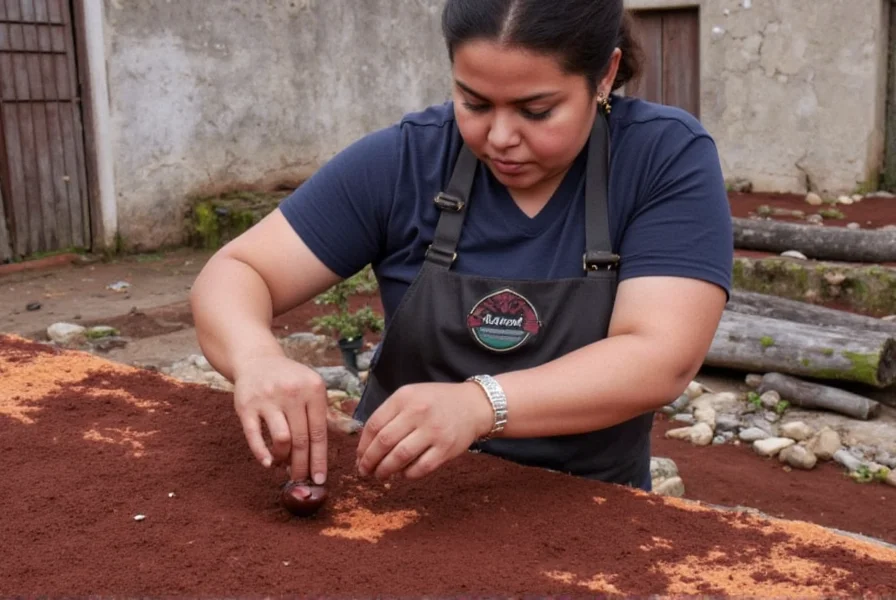
Top 5 Tips for Cooking with Pasilla de Oaxaca
- Toast It First – Whether using whole chiles or ground, a quick toast in a dry pan releases essential oils and deepens the flavor.
- Soak Whole Chiles – Soften them in warm water or broth before blending for smoother textures in sauces.
- Don’t Overheat – Too much heat can burn the delicate aromatics. Keep your fire low and slow.
- Balance with Sweetness – Pair with a touch of sugar, chocolate, or dried fruits to enhance its natural complexity.
- Store Properly – Keep in an airtight container away from light and moisture. Ground pasilla lasts about 6 months; whole ones up to a year.
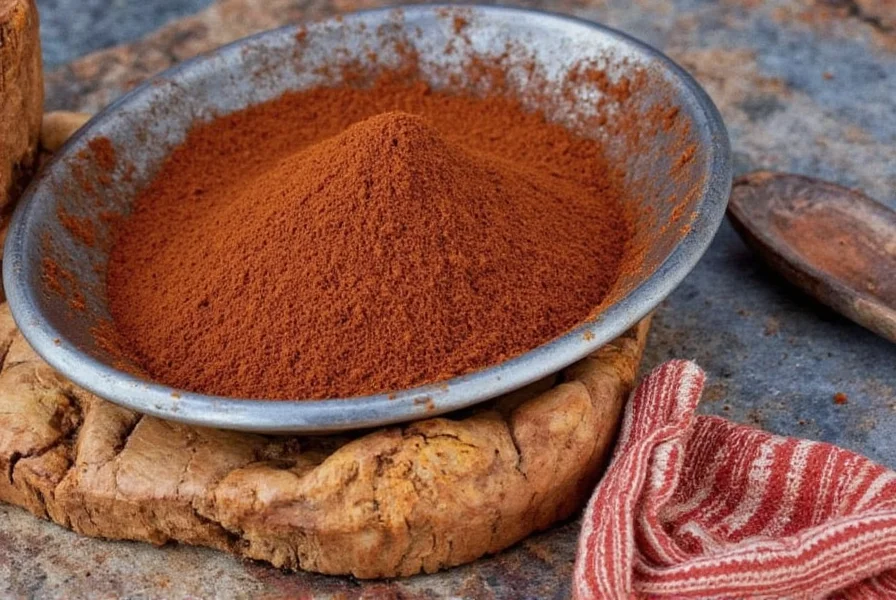
Spice-Infused Recipes to Try at Home
1. Quick Mole Negro Inspired Sauce
- Ingredients:
- 2 pasilla de oaxaca chiles (or 1 tbsp powder)
- 1 oz dark chocolate
- 1 cup chicken broth
- 1 garlic clove
- 1 tsp cinnamon
- Pinch of cloves
- Instructions:
- Toast and soak the chiles until soft.
- Blend everything until smooth.
- Cook over low heat until thickened. Serve over grilled chicken or tacos!
2. Pasilla-Rubbed Pork Tenderloin
- Mix 2 tbsp pasilla powder with 1 tbsp smoked paprika, 1 tsp cumin, salt, and olive oil.
- Rub generously onto pork and roast at 375°F (190°C) for 30–35 minutes.
- Rest and slice for a deeply spiced, melt-in-your-mouth main dish.
3. Smoky Pasilla Oil
- Heat ½ cup neutral oil with 1 tbsp pasilla de oaxaca powder and a clove of garlic.
- Let cool, strain, and drizzle over soups, grains, or roasted vegetables.
Conclusion
Pasilla de oaxaca is more than just a chili—it's a gateway to the rich cultural and culinary soul of Oaxaca. With its unique flavor profile, historical significance, and versatile uses, it deserves a permanent spot in every adventurous kitchen.
Whether you’re simmering up a batch of mole or simply spicing up your weeknight stir-fry, pasilla de oaxaca adds a touch of sophistication, history, and warmth that few other spices can match.
So go ahead, open that jar, breathe in the smoky aroma, and let your taste buds take a journey through the flavors of southern Mexico. You won’t regret it.
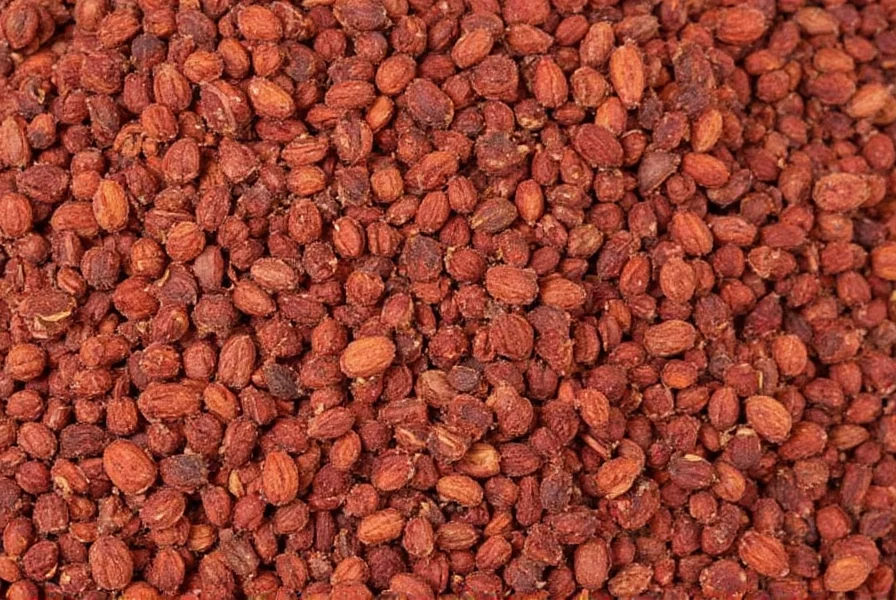

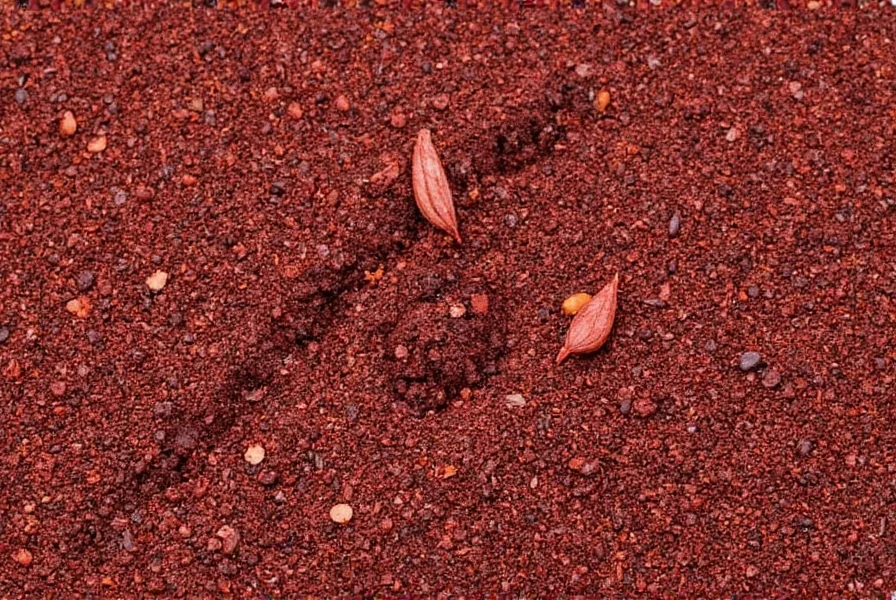









 浙公网安备
33010002000092号
浙公网安备
33010002000092号 浙B2-20120091-4
浙B2-20120091-4